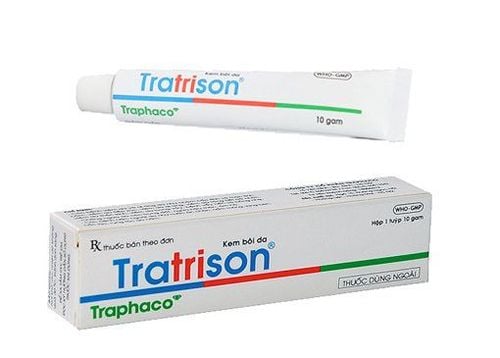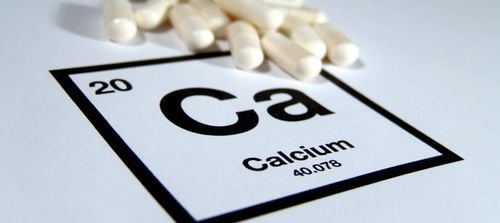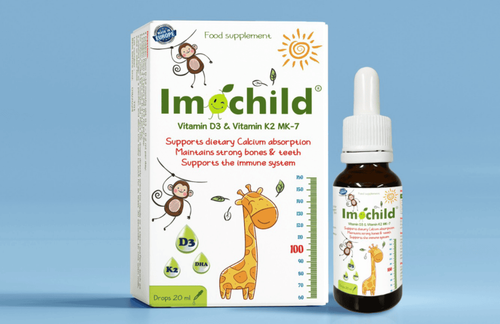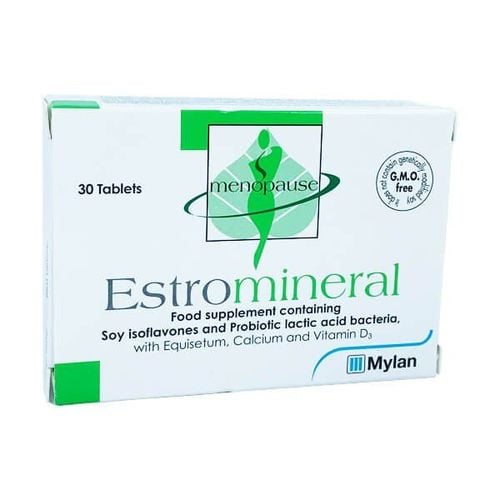This is an automatically translated article.
Mushrooms are a natural source of glutamate, which adds delicious flavor to foods, and they also contain many important nutrients needed for good health.
1. What is a mushroom?
As an often underrated food, mushrooms have been eaten and used medicinally for thousands of years. Traditional and folk medicine practitioners praise bell-shaped mushrooms for their healing and cleansing properties. All mushrooms are low in calories and fat, and contain small amounts of fiber and various nutrients. Perhaps the more interesting properties of mushrooms are their non-nutritional phytochemicals polysaccharides, indoles, polyphenols and carotenoids, of which cell and animal studies have shown antioxidant effects, anti-inflammatory and anti-cancer. Mushrooms are also recognized by chefs for their ability to produce a delicious flavor called umami, thanks to the presence of an amino acid called glutamate, which is also found in meat, fish, cheese and simmered soups.
Although considered a vegetable, mushrooms are neither a plant nor an animal food. They are a fungus that contains a substance called ergosterol, which is structurally similar to cholesterol in animals. Ergosterol can be converted to vitamin D when exposed to ultraviolet light. Mushrooms vary in appearance with more than 10,000 known species, but they are generally distinguished by their fleshy, round caps and gills below the cap. China and the US are among the top five mushroom producing countries worldwide.
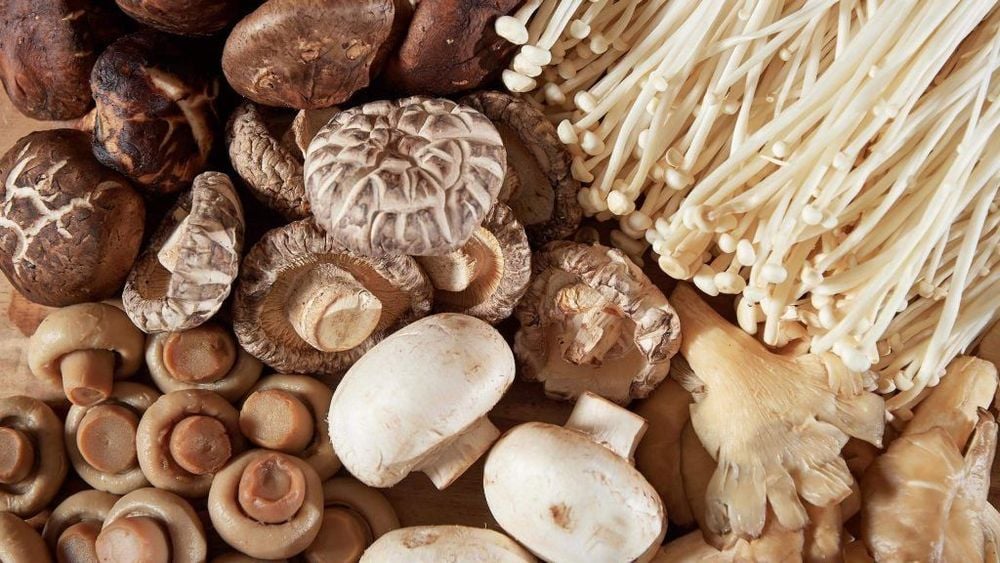
Nấm chứa một lượng nhỏ chất xơ và các chất dinh dưỡng khác nhau có tác dụng chống oxy hóa.
2. What is Vitamin D?
Mushrooms are the only source of vitamin D in the production aisle and one of the few non-fortified food sources.
What is Vitamin D? Vitamin D helps build and maintain strong bones by helping the body absorb calcium. Vitamin D is available through diet, supplements, and sunlight, which is why it's also known as the "sunshine vitamin."
All mushrooms contain some vitamin D, but mushrooms have the unique ability to increase vitamin D levels from exposure to ultraviolet light or sunlight. Similar to humans, mushrooms produce vitamin D naturally after exposure to sunlight or sunlight: the mushroom plant sterols ergosterol convert to vitamin D when exposed to light.
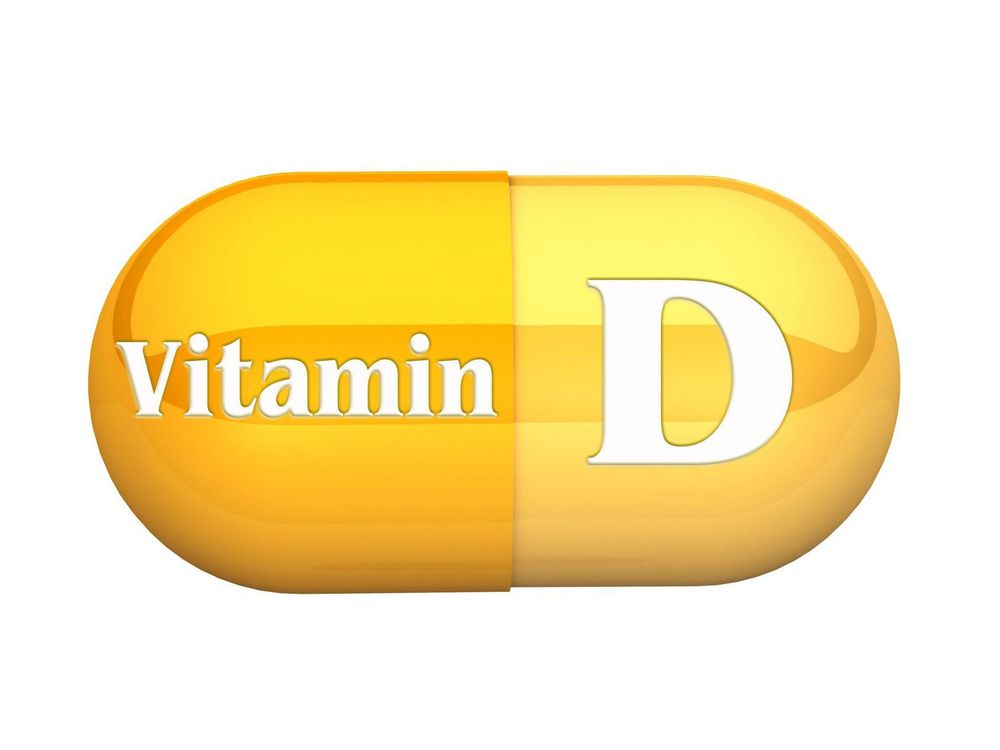
Nấm cung cấp vitamin D giúp xây dựng và duy trì xương chắc khỏe
3. Are mushrooms a good source of vitamin D?
Is it good to eat mushrooms? Because supermarket mushrooms are often grown in a dark, controlled indoor environment, they will contain very little vitamin D. But some manufacturers expose mushrooms to ultraviolet (UV) light to increase their content. vitamin D, by natural sunlight or ultraviolet light. lamp.
A substance in mushrooms called ergosterol then makes vitamin D2 (ergocalciferol), a form found only in plants. Vitamin D2 is also added to fortified foods and supplements. The other major form of vitamin D is D3 (cholecalciferol) found in animal foods (egg yolks, oily fish) and supplements. Both will effectively increase blood levels of vitamin D, although D3 may be slightly better absorbed and breaks down more slowly than D2.
The vitamin D content in mushrooms varies widely and depends on how long the mushrooms are exposed to UV light. Estimates suggest that fresh wild mushrooms such as chanterelles and others can contain up to 1200 IU of vitamin D per 3.5-ounce serving, while mushrooms grown in dark conditions such as white button, shiitake, and shiitake mushrooms. oysters contain less than 40 IU. However, button mushrooms exposed to sunlight can produce up to 400 IU of vitamin D per 3.5-ounce serving, although the exact amount depends on factors related to UV exposure. such as time of day, season, latitude and time. . Mushrooms treated with UV lamps can produce vitamin D. Even after harvesting, mushrooms can continue to produce vitamin D, whether exposed to UV rays from the sun or lamps.
Please dial HOTLINE for more information or register for an appointment HERE. Download MyVinmec app to make appointments faster and to manage your bookings easily.




